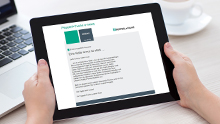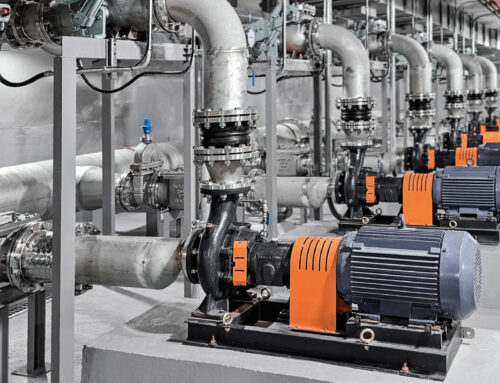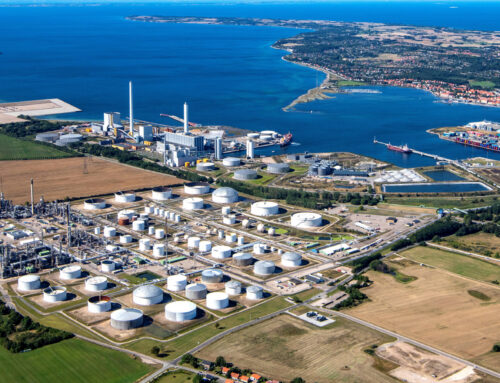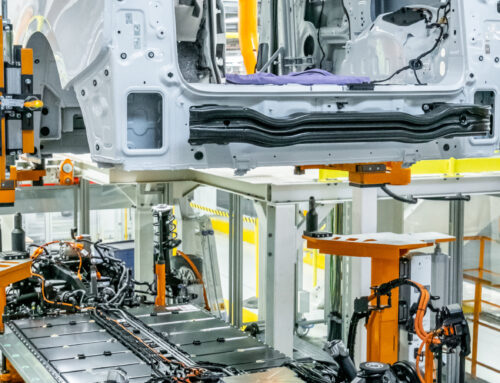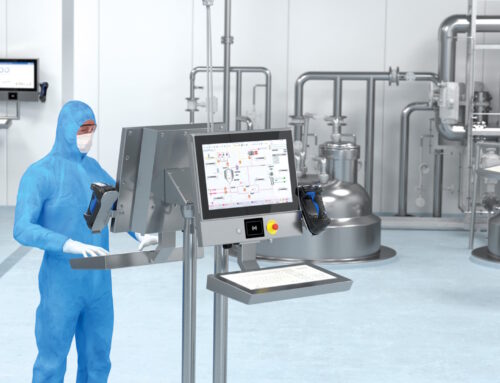October 19, 2022
From the Coffee Machine to the Industrial Plant
At the Rexel Campus—the Rexel Germany training center—coffee breaks are now an IoT experience: A smart coffee machine from Pepperl+Fuchs and Neoception at the center demonstrates what can be achieved with innovative sensors and intelligent IoT solutions and makes Industry 4.0 a reality.
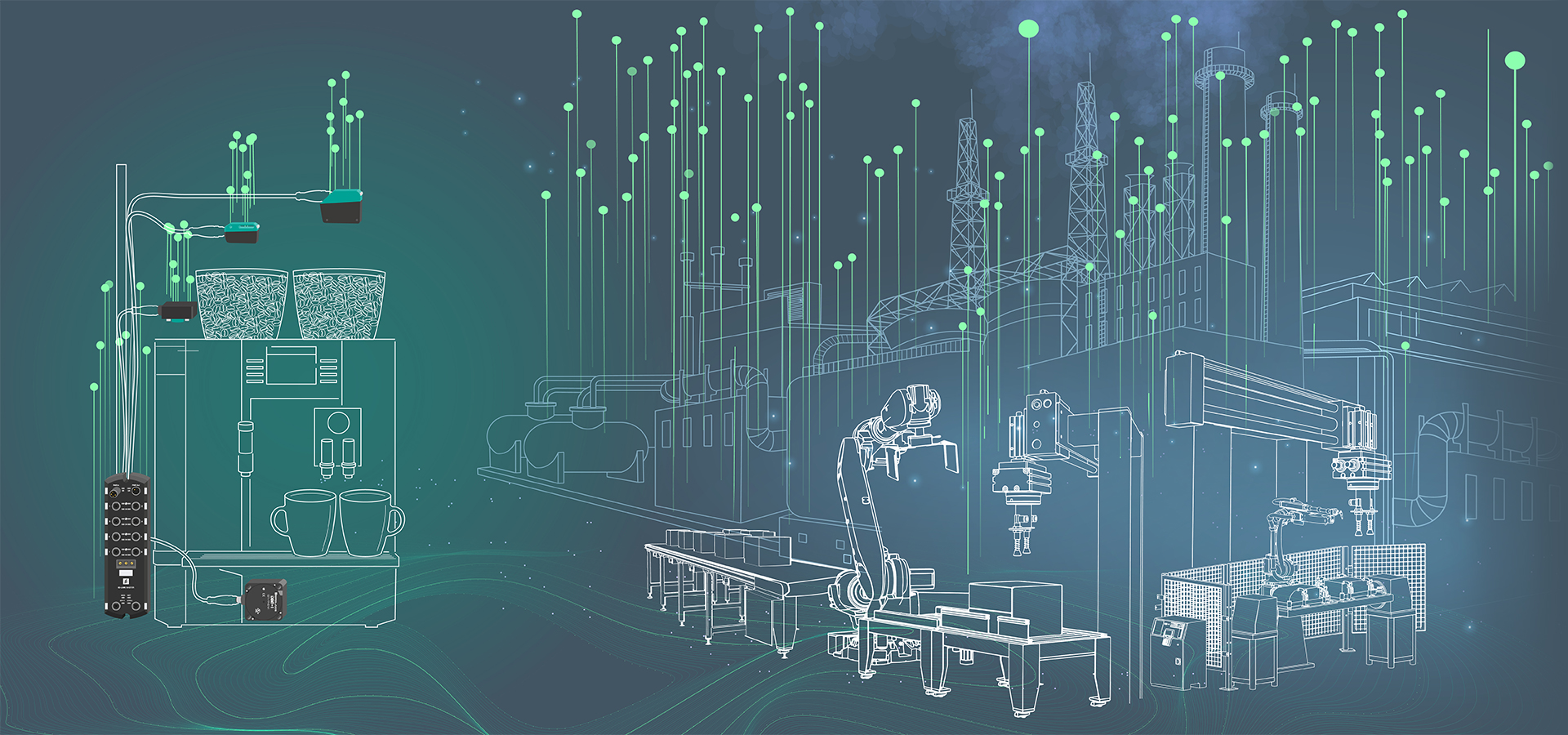
Digitalization, Industry 4.0, IoT—key words we are all aware of and that are now part and parcel of our world. Behind trending topics regarding the economy there is enormous potential to make industrial plants and production processes more efficient with innovative technologies. However, many plant operators are faced with the challenge of implementing Industry 4.0 concepts, such as predictive maintenance and condition monitoring, and of exploiting this potential. To support its customers in such tasks in the best possible way, the German company within the Rexel Group, an electrical wholesale for industry and the electrical trade, offers training courses and seminars on these topical subjects. On the Rexel Campus—set up specifically for this purpose—in Heimertingen in the south of Germany, customers from the field can not only see the latest technologies from different manufacturers, but also test them in operational situations. 'With the Rexel Campus we want to give our customers the opportunity not only to look at products in an online catalog, but to experience them firsthand and try them out,' says Holger Notz, Sales Expert Industrial Automation at Rexel Germany. 'We are confident that the best way to support our customers in their day-to-day tasks and challenges is to share our expertise with them in this way and help them on their path to digitalization.'
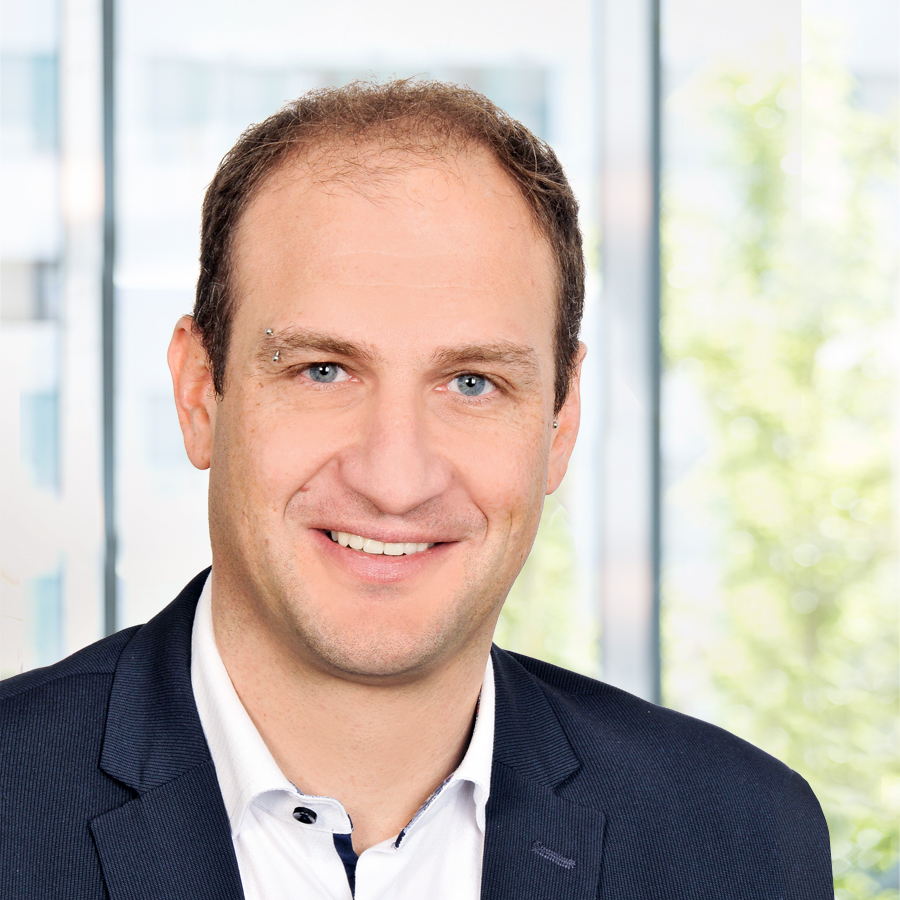
In addition to Siemens, ABB, and Schneider Electric, Pepperl+Fuchs is one of the companies that present their products and solutions on-site and make them available for practical testing. An especially good example of this is a smart coffee machine. With sensor technology, a cloud connection, and a customized dashboard, the machine makes the opportunities afforded by the Internet of Things something that people can experience and understand. And all while they enjoy a coffee.
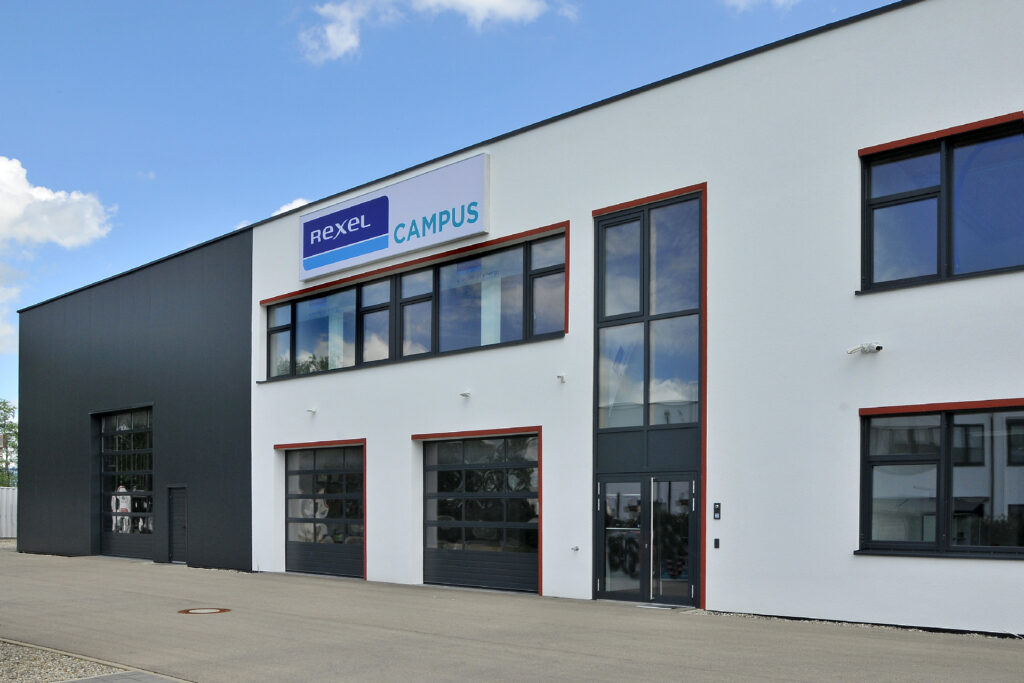
Coffee 4.0
'On our campus, we deliberately wanted to use an everyday example to demonstrate the possibilities offered by innovative technologies and Industry 4.0 concepts,' says Maximilian Sabe, Sales Expert Industrial Automation at Rexel. 'A coffee machine seemed ideal for this because almost everyone drinks coffee. This solution means that knowledge can be imparted even while people are making small talk during coffee breaks and makes the content covered in the training course tangible.' To put the plan into practice, Sabe asked long-standing partner and supplier Pepperl+Fuchs for support. 'We equipped a fully automatic coffee machine for the Rexel Campus with various components that enable the IoT experience when drinking coffee,' explains Anna-Lena Haller, Account Manager at Pepperl+Fuchs. 'Innovative sensors from Pepperl+Fuchs provide the necessary data from the machine, which is interpreted accordingly and displayed in real time on a dashboard developed by Neoception.'
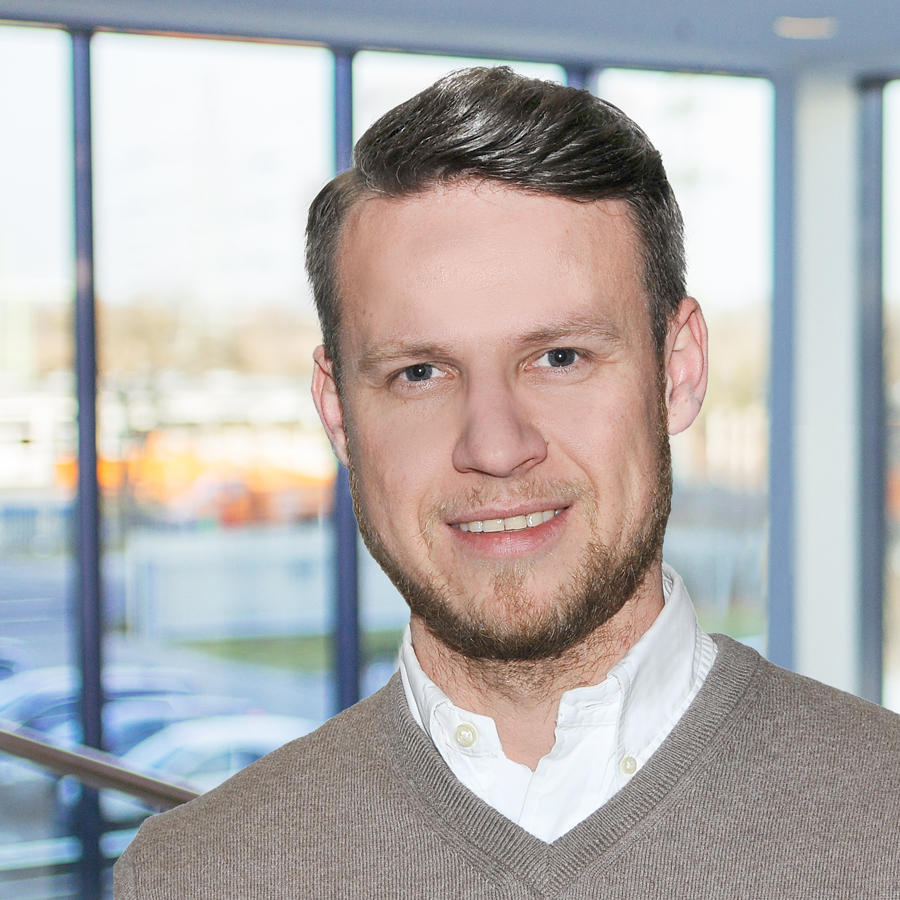
Specifically, this means that photoelectric sensors measure the fill levels of the two coffee bean containers, while an ultrasonic sensor measures the current level of the water tank. This data is transferred to the IO-Link master via the IO-Link interface of the sensors and forwarded to the cloud via MQTT. The dashboard clearly displays the current fill levels and always indicates whether there are enough beans left to make another coffee. Because the dashboard is in the cloud, status data from all three Rexel sites can be accessed easily and from anywhere, such as by scanning a QR code. This allows maintenance staff to find out remotely whether coffee beans or water must be refilled.
Everything in View
The dashboard individually set up by Neoception shows in real time the status of the coffee machine and whether there is still enough raw material. Since it is in the cloud, it can be accessed from anywhere.
Coffee Condition Monitoring
To allow insights into the extent to which the coffee machine is used to be obtained in addition to the fill level information, cups on the Rexel Campus are equipped with RFID tags. The RFID read/write head from Pepperl+Fuchs integrated into the machine reads the data from these tags on the cups as soon as they are used at the machine. The information obtained not only includes which cup was filled and how often, but which beverages were dispensed and how often, and how much the machine and the milk system are being used. 'With this data, we can not only record coffee consumption, but illustrate how such information from a machine helps to plan and perform maintenance activities based on usage and utilization, such as cleaning operations in the case of a coffee machine,' Sabe explains. 'This predictive and condition-based maintenance prevents unnecessary work and saves personnel's time. The milk system on the coffee machine does not need to be cleaned if people are only drinking espressos,' says Haller, explaining the advantages of condition monitoring. These benefits can be scaled to industrial plants.
From Small- to Large-Scale Applications
The smart coffee machine on the Rexel Campus demonstrates on a small scale the opportunities that open up from using a wide variety of data from a machine or plant. 'Intelligent sensors from Pepperl+Fuchs essentially serve as sensory organs in a plant,' explains Haller. 'The sensors record data such as fill levels and flow rates and transfer them to a higher-level system via an IO-Link master. There, the data is processed and interpreted according to the respective application.'
Neoception, a Pepperl+Fuchs start-up, supports users in preparing the data so that it can be used to identify appropriate measures, such as planning maintenance intervals. 'What condition-based cleaning is in a coffee machine can be replacing a wear part in an industrial plant depending on its degree of wear and tear,' Sabe explains. 'Monitoring the condition makes it possible to maintain plant and machine parts only when it is actually necessary to do so—whether at a fully automatic coffee machine or a production plant.' Sabe says: 'In fact, the people who take part in our training course often have an initial idea of how to apply the example of the coffee machine to their own plants and see ways to increase efficiency.'
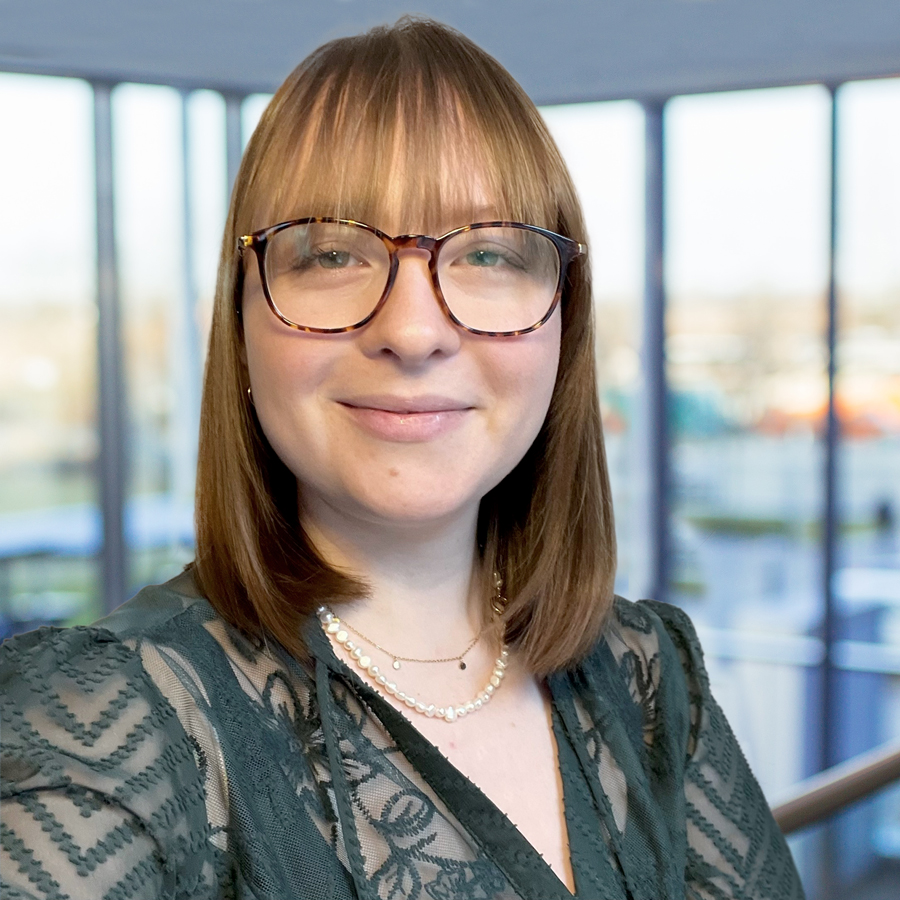
A Blueprint for Other Regions
So that it can support customers with its expertise beyond just the south of Germany and make the Internet of Things a tangible solution, Rexel is planning to set up campuses in other areas of Germany. In the future, training courses on Industry 4.0 and the digitalization of industrial plants will take place in Leipzig and Essen. The coffee break during the seminar program will be a practical example of the Internet of Things at these sites. 'We are thrilled to equip other sites with smart coffee machines to demonstrate the opportunities opened up by IoT together with our long-standing partner Rexel,' Haller says, looking into the future.

